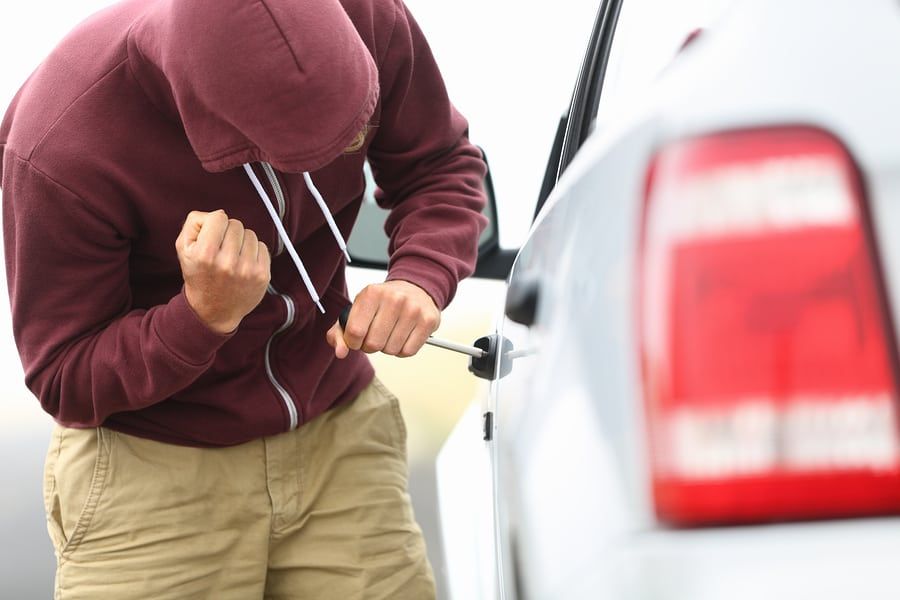 Most people who drink, do so responsibly, at least when it comes to finding a designated driver or safe way to get home after drinking. Because there is the safety net of that safe ride, it can be tempting to drink more than what is healthy, despite the risk of a DUI. A constant supply of alcohol helps build up a tolerance, and that can be a slippery slope for many when a “safe ride home” becomes unavailable and the alcohol tolerance that has built up masks the actual disability caused by a high blood alcohol concentration (BAC).
Most people who drink, do so responsibly, at least when it comes to finding a designated driver or safe way to get home after drinking. Because there is the safety net of that safe ride, it can be tempting to drink more than what is healthy, despite the risk of a DUI. A constant supply of alcohol helps build up a tolerance, and that can be a slippery slope for many when a “safe ride home” becomes unavailable and the alcohol tolerance that has built up masks the actual disability caused by a high blood alcohol concentration (BAC).
The problem is that having a tolerance for alcohol, or “holding your liquor” doesn’t actually affect your BAC. As time goes on and you increase your use of alcohol, both your body and brain adapt to the alcohol in an attempt to keep you safe from harm in a “fight or flight” sense. You may feel sober, you may act sober, but, you are not sober. You have just trained yourself to play the part of a sober person, and that’s where the danger really comes in.
When you feel sober, you are more likely to get behind the wheel of a car and drive. Your friends may not even try to offer you a ride home, because you seem perfectly okay to drive. You may have adapted to walking and talking despite higher levels of alcohol. You may feel safe to drive, but, since there are no “expert” drunk drivers, you’re really just driving yourself into a DUI. No matter how sober you feel, your BAC will still show the amount of alcohol you have consumed, and there is a legal BAC limit for a reason – to keep drunk drivers off the road.
Humans are adaptive creatures in many situations, and by building up an alcohol tolerance, you’re really just putting yourself and others in danger. Not only are you at risk for a DUI, car breathalyzer requirement and a day in court, but, you could also be risking life-long health complications, alcohol poisoning or death.

 What if Your Car Breathalyzer is Stolen?
What if Your Car Breathalyzer is Stolen?